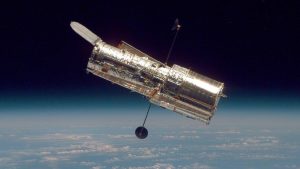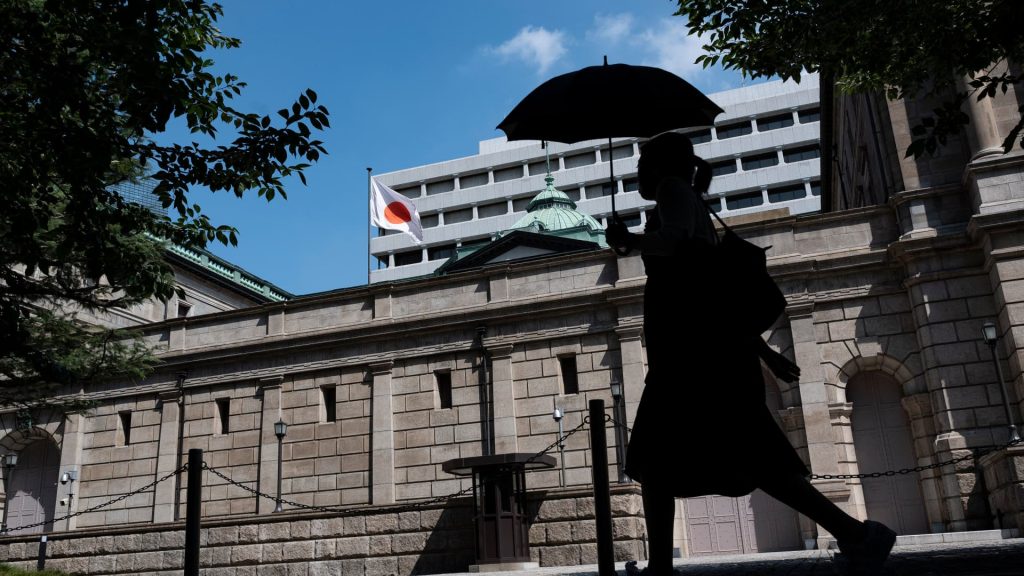The Bank of Japan decided to keep its policy rate unchanged at 0%-0.1% following its monetary policy meeting, a move that was widely expected by economists. This decision comes after Tokyo’s April inflation rate fell below expectations, with the core inflation rate at 1.6% compared to the 2.2% forecasted by Reuters. The BOJ also announced that it would continue to conduct bond purchases in line with its March decision, but did not make any comments on the weakening yen, which has been steadily declining since the central bank ended its negative interest rate policy last month and abolished its yield curve control policy. The currency broke through the 156 mark against the U.S. dollar following the BOJ’s decision.
In addition to the policy rate decision, the BOJ released its second-quarter outlook for Japan’s economy, raising its inflation forecast for fiscal 2024 to between 2.5% and 3%, up from the previous prediction of 2.2% to 2.5% in January. The bank expects inflation to then decelerate to “around 2%” in fiscal 2025 and 2026. However, the BOJ downgraded its gross domestic product growth forecasts for fiscal 2024 to a range of 0.7% to 1%, a decrease from January’s forecast of 1%-1.2% growth. This shift in forecasts signals potential challenges and uncertainties facing Japan’s economy in the coming years.
The decision by the BOJ to keep its policy rate unchanged reflects its cautious approach to supporting economic growth and managing inflation in the current economic environment. The central bank’s decision to continue conducting bond purchases suggests its commitment to providing stimulus to the economy. However, the lack of comments on the weakening yen indicates that the BOJ may be monitoring the currency’s decline closely and evaluating its potential impact on the economy. The currency’s depreciation against the U.S. dollar following the BOJ’s decision highlights the market’s reaction to the central bank’s policies and forecasts.
The upgraded inflation forecast for fiscal 2024 by the BOJ suggests optimism about the country’s ability to achieve higher inflation rates in the coming years. However, the downward revision of GDP growth forecasts for the same period indicates concerns about the overall economic performance. The differing projections for inflation and GDP growth reflect the complexities and challenges facing Japan’s economy, including factors such as domestic consumption, export demand, and global economic trends. The BOJ’s outlook for inflation and GDP growth will be important indicators to watch as policymakers and analysts assess the country’s economic prospects in the medium term.
As this is a developing story, it is important to monitor future updates from the Bank of Japan and other relevant sources to gain further insights into the central bank’s monetary policies and economic outlook. The decisions and forecasts announced by the BOJ have implications for various stakeholders, including investors, businesses, and policymakers, and can impact market dynamics and economic trends. Understanding the central bank’s actions and projections is essential for making informed decisions and navigating the opportunities and challenges presented by Japan’s economy.
















